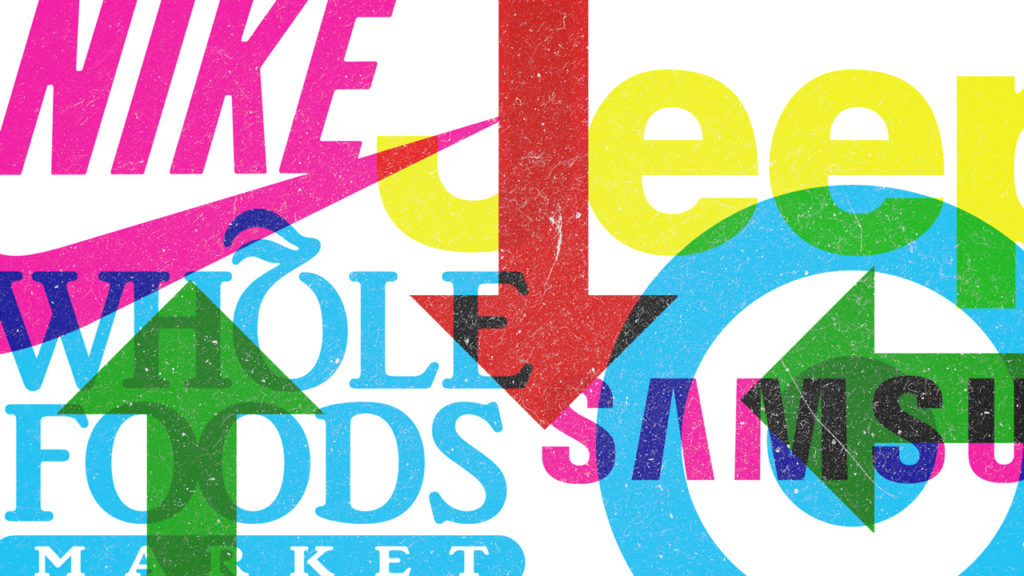Disney is the most intimate brand according to ‘MBLM’s Brand Intimacy 2019 Study‘ surpassing Apple for the first time—who held the mantle for the past three years. When a brand is intimate with its consumers it develops a sense of loyalty and connects with their emotions. Consumers are willing to pay a premium—about 20 percent more—for brands they are intimately connected to. Aside from industries like media and entertainment and telecommunications, automotive brands like Chevrolet, Harley-Davidson and Ford also have deeply connected with consumers.
U.S. Top Ten Most Intimate Brands 2019
- Disney
- Apple
- Amazon
- Chevrolet
- Netflix
- Harley-Davidson
- PlayStation
- YouTube
- Ford
- Chick-fil-A
“Apple’s fall to the second spot this year is substantial for three key reasons: first, it reflects the headwinds the company and brand are facing,” stated Mario Natarelli, managing partner at MBLM in the report. “Second, it highlights the fact that just like the human relationships that brand intimacy mimics, building and sustaining strong bonds is a continual process and third, the larger trend of the media & entertainment industry’s rise. Our demand for escapism and our collective need for a distraction from reality is factoring heavily in the brands that rose in 2019.”
Around 26 percent of those surveyed can’t live without Disney; men ranked as its top demographic. Apple and Chevrolet followed as the top intimate brands for males. There wasn’t a big difference between the two sexes. For women, Amazon, Disney and Apple were the brands they felt the most devoted to. When it comes to age, Apple and Disney ranked high with those 18 to 34, and YouTube ranked the highest. Amazon scored highest with those over 35. The report highlighted that media and entertainment brands tend to be more intimate with millennial.
Income also impacts which brands consumers have an emotional attachment to. Those making over $100,000 felt most intimate with Apple. The study found this group tends to prefer technology and telecommunication and retail industries. Those making between $35,000 to $100,000 chose Amazon as their number one intimate brand. This group, like younger demographics, bonded with media and entertainment brands.
The smartphone ecosystem has also altered brand intimacy. Brands that have a smartphone presence outperform those that do not. The report reveals the average brand intimacy quotient in the smartphone ecosystem was 38.8, higher than the overall study of 31.0. However, lines can be blurred. The report noted these brands enhance the smartphone experience because the device can be an object the consumer is genuinely attached to and uses the most on a daily basis.
For MBLM’s report, the agency and Praxis Research Partners conducted an online quantitative survey among 6,200 consumers in the U.S., Mexico and the United Arab Emirates. Respondents were between the ages of 18 to 64. According to MBLM, the survey was “designed primarily to understand the extent to which consumers have relationships with brands and the strength of those relationships from fairly detached to highly intimate.”

